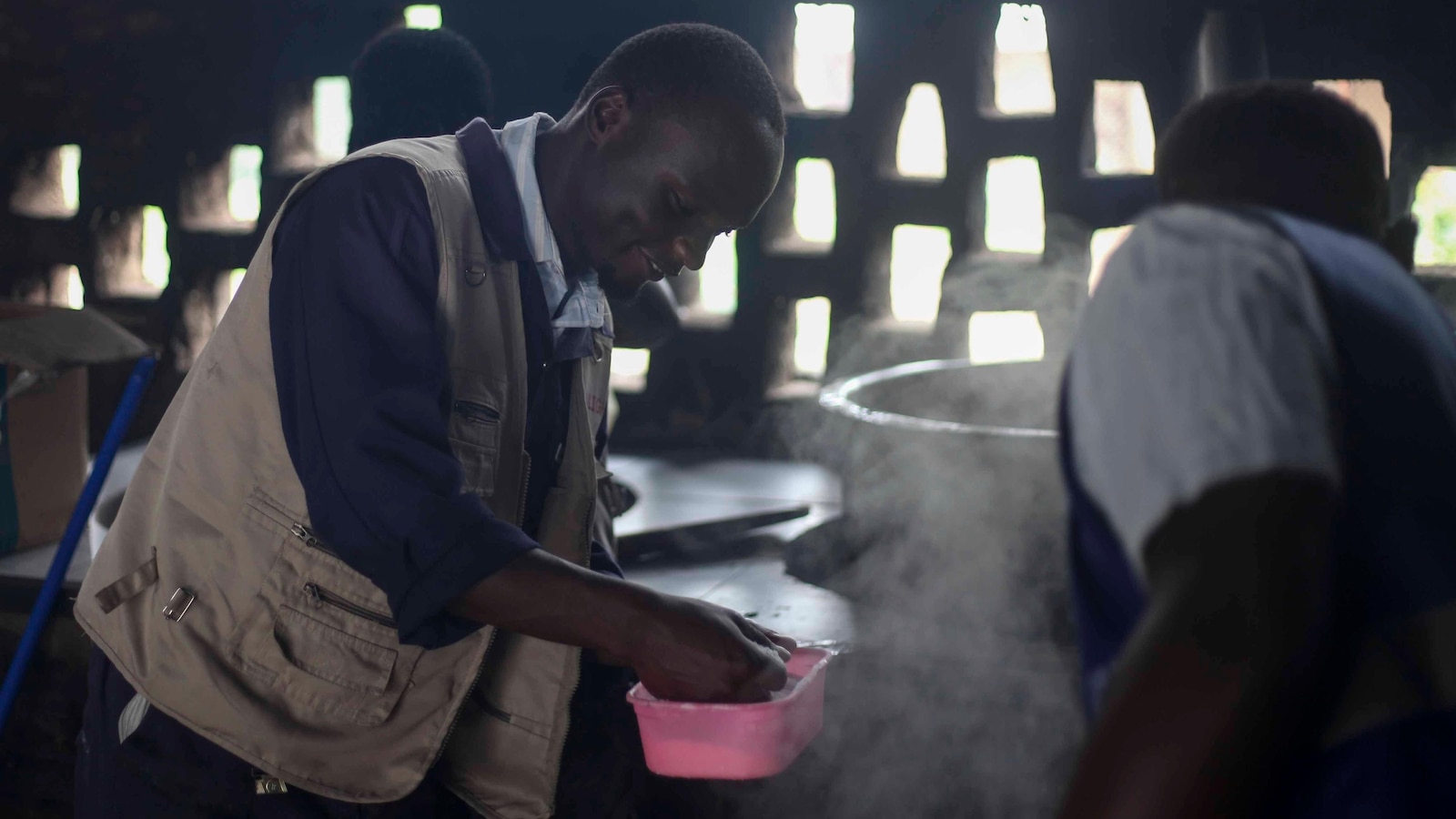Uganda, recognized for its welcoming stance, currently hosts over 1.7 million refugees, the largest refugee population in Africa. Yet the rising influx, with around 10,000 new arrivals every month primarily from South Sudan, Congo, and the recent Sudan conflict, has strained the country’s resources and highlighted a troubling drop in international support. Refugee camps such as Rwamwanja in southwestern Uganda serve thousands who depend on shrinking humanitarian aid, forcing many into severe poverty.
Since 2021, continuous cuts in World Food Programme (WFP) funding have severely impacted refugee support. Only the most vulnerable now receive assistance—either food or $3 cash payments. While refugees initially get 100% food assistance, this drops to 60% after three months and just 50% after six months. With reduced rations, about 99,000 refugees in Bulaba’s camp now face hunger, sparking desperation among families.
In a 2017 summit aimed at addressing this crisis, Uganda and the United Nations appealed for $8 billion to assist refugees, particularly from South Sudan. The response was a fraction of the target, with only $350 million pledged. Recent visits by Filippo Grandi, the United Nations High Commissioner for Refugees, have underlined this funding shortfall. Grandi’s remarks following his trip urged the international community not to overlook Uganda’s efforts, cautioning that “natural resources are limited, and financial assistance is not meeting the growing needs.”
Uganda’s Minister of Refugees, Hilary Onek, spoke about the strain on local infrastructure during Grandi’s visit. While Uganda allows refugees access to hospitals and schools alongside Ugandan citizens, limited resources have sparked local tensions, although cases of violence remain rare. Onek stressed the need for skill-based programs for refugees, with options like carpentry and welding, to encourage self-reliance. “Funding has decreased significantly in recent years, and there isn’t enough to meet basic needs, including adequate food,” he said, emphasizing innovation and self-sufficiency.
However, for refugees like Bulaba, who fled Congo in 2014 and now has four more children, the struggle continues. Jobs are rare, and cash stipends from aid organizations have dwindled. “We look for work just to eat, but there is none,” she shared.


